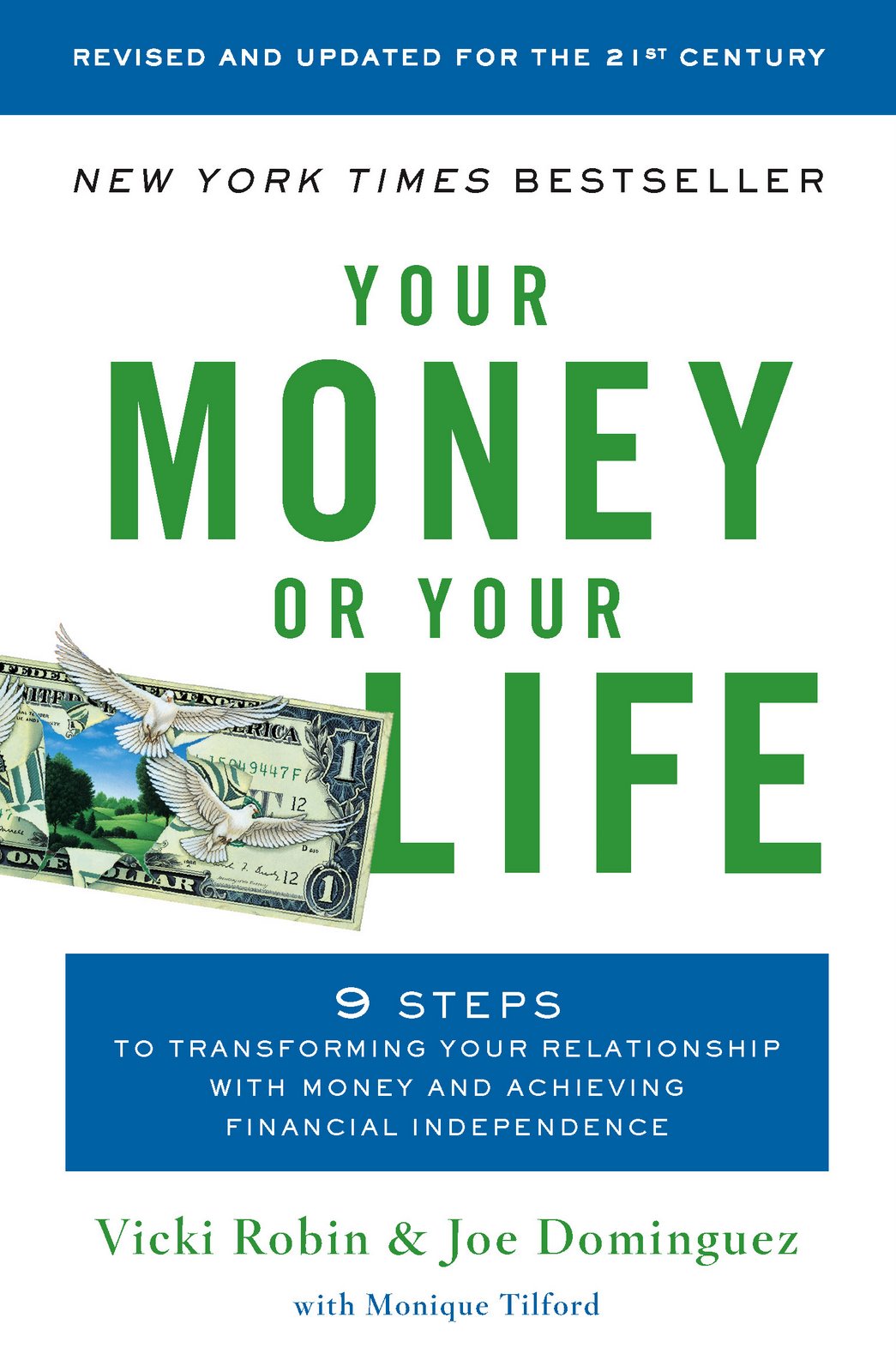Personal Finance Books Biography
The Wealthy Barber was published in 1989 and sold over 2 million copies in Canada. The novel presents financial lessons and advice in the form of a fictional story that incorporates humour and is relatable to readers. The novel focuses on Dave, a father to be who is in need of financial advice. He finds this advice from an unlikely source, his local barber. Roy, the infamous town barber, happens to be very knowledgeable about personal financial planning and had started with very little but managed to make himself a very wealthy man. Roy is able to offer Dave and other town locals very valuable financial advice. The readers of the novel learn along with Tom weekly financial lessons. The Wealthy Barber serves as a common sense guide for the average citizen as a means of properly managing their personal finances. Through simple steps, the novel demonstrates to readers the possibility of monetary comfort and richness. It is a self-help novel that has educated millions on basic procedures necessary to achieve financial independence.
[1] [2]
The Wealthy Barber is a personal finance book by David Chilton. The book is structured around a story of three people in their late 20s visiting Roy, the title character, for lessons in financial planning. Each chapter of the book describes a different visit and a different element of financial planning. Each month along with their lessons the three students are required to start carrying out the actions prescribed by Roy. In addition to these individuals, Roy also shares his financial knowledge with the customers of his barber shop.
The story is set primarily in Sarnia, Ontario, where Roy has been operating a barber shop for several decades. As a young man, Roy had planned to become a lawyer, but those plans are derailed. He ends up taking over his father's barber shop. Worried about money, Roy visits Mr. White, one of the town's wealthiest men, and asks for advice on financial planning. This advice paves the way for Roy's accumulating wealth.
The basis of the book is Roy's advice to "save 10 per cent of all that you earn and invest it for long-term growth." In that, it draws from the advice first set forth in The Richest Man in Babylon. Subsequent chapters discuss wills and life insurance, RRSPs, buying a home, income tax and saving and spending.
Roy (and thus Chilton) is not as harshly anti-debt as some other authors, like Dave Ramsey. However Roy does advise that extra money should go to pay off debt, and that credit cards are "anathema" to well-run personal finances. Roy does believe that if you are investing 10% and maxing out your RRSP, day-to-day spending doesn't matter too much to your overall financial picture.
The Wealthy Barber was published in 1989 and sold over 2 million copies in Canada. The novel presents financial lessons and advice in the form of a fictional story that incorporates humour and is relatable to readers. The novel focuses on Dave, a father to be who is in need of financial advice. He finds this advice from an unlikely source, his local barber. Roy, the infamous town barber, happens to be very knowledgeable about personal financial planning and had started with very little but managed to make himself a very wealthy man. Roy is able to offer Dave and other town locals very valuable financial advice. The readers of the novel learn along with Tom weekly financial lessons. The Wealthy Barber serves as a common sense guide for the average citizen as a means of properly managing their personal finances. Through simple steps, the novel demonstrates to readers the possibility of monetary comfort and richness. It is a self-help novel that has educated millions on basic procedures necessary to achieve financial independence.
[1] [2]
The Wealthy Barber is a personal finance book by David Chilton. The book is structured around a story of three people in their late 20s visiting Roy, the title character, for lessons in financial planning. Each chapter of the book describes a different visit and a different element of financial planning. Each month along with their lessons the three students are required to start carrying out the actions prescribed by Roy. In addition to these individuals, Roy also shares his financial knowledge with the customers of his barber shop.
The story is set primarily in Sarnia, Ontario, where Roy has been operating a barber shop for several decades. As a young man, Roy had planned to become a lawyer, but those plans are derailed. He ends up taking over his father's barber shop. Worried about money, Roy visits Mr. White, one of the town's wealthiest men, and asks for advice on financial planning. This advice paves the way for Roy's accumulating wealth.
The basis of the book is Roy's advice to "save 10 per cent of all that you earn and invest it for long-term growth." In that, it draws from the advice first set forth in The Richest Man in Babylon. Subsequent chapters discuss wills and life insurance, RRSPs, buying a home, income tax and saving and spending.
Roy (and thus Chilton) is not as harshly anti-debt as some other authors, like Dave Ramsey. However Roy does advise that extra money should go to pay off debt, and that credit cards are "anathema" to well-run personal finances. Roy does believe that if you are investing 10% and maxing out your RRSP, day-to-day spending doesn't matter too much to your overall financial picture.
Personal Finance Books
Personal Finance Books
Personal Finance Books
Personal Finance Books
Personal Finance Books
Personal Finance Books
Personal Finance Books
Personal Finance Books
Personal Finance Books
Personal Finance Books
Personal Finance Books
Personal Finance Books
Personal Finance Books
Personal Finance Books
Personal Finance Books
Personal Finance Books
Personal Finance Books
Personal Finance Books
Personal Finance Books
Personal Finance Books




















No comments:
Post a Comment